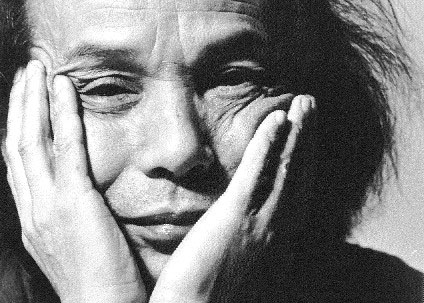Critic’s Choice
Composers’ reputations have ridden the cycles of waves, from trough to crest and back again, through the epochs. Even Bach fell out of favor with audiences and musicians for a time, and look no further than Mahler, whose music went from infrequently heard to near ubiquity over several decades.
One composer who deserves a similar resurgence is Toru Takemitsu (1930-96). His body of work is expansive—an avant-gardeist inside of Japanese culture, he wrote chamber and orchestral music, composed the scores for almost 100 movies, and published literary works. He had exceptional craft—his film music expertly conveys abstract and popular genres in many international styles—and was accomplished in the 20th century specialties of Musique concrète and aleatoric techniques.
His core personal style and expression was a synthesis of the music that mattered the most to him: traditional Japanese music, Messiaen, Debussy and Morton Feldman. He valued colors and timbres, the firm clarity of non-Western forms, and a sense of quiet stillness. His is some of the most beautiful and deep music of the last century, yet is incredibly rare to hear in concert.
This Thursday there is the welcome opportunity to experience Takemitsu’s And then I knew ‘twas wind, played by Ensemble ACJW, the excellent chamber program partnership of Carnegie Hall, Juilliard, the Weil Music Institute and the New York City Department of Education.
Takemitsu’s piece is gorgeous—something of a response to Prelude a l’àprés-midi d’un faune, and akin to Debussy’s values but utterly unique. The program also includes companionable and great works from Ravel with the Sonata for Violin and Cello, and Messiaen’s profound masterpiece, Quatour pour la fin du temps.
Ensemble ACJW plays Takemitsu, Ravel and Messiaen, 8 p.m. Thursday in Paul Hall. carnegiehall.org







